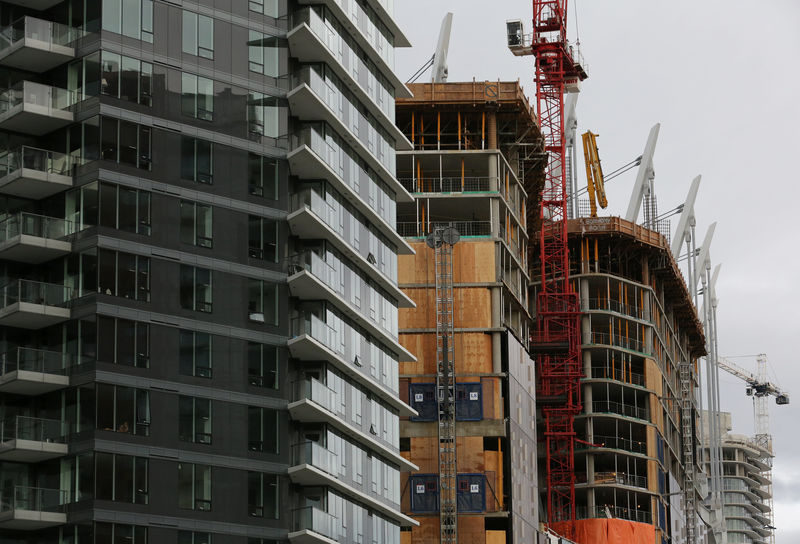By Allison Martell
TORONTO (Reuters) - Canada's latest steel tariff proposal has alarmed construction companies, who have warned it could have an outsized impact on the country's coasts, boosting costs in places like Vancouver, already Canada's most expensive housing market, while protecting steel producers in central Canada.
The new measures could make steel more expensive in regions that depend on imports from overseas, raising the cost of large building projects like condominium towers as subcontractors pay new duties on supplies like rebar, used to reinforce concrete.
"It's baffling to me. They're trying to appease a very small group of east coast mills - there is no west coast support," said Ron McNeil, chief executive of LMS Reinforcing Steel in British Columbia, where there is no primary steel production.
The Canadian government is considering safeguards - special limits on steel imports from all countries in seven product categories - to protect steelmakers as U.S. President Donald Trump's tariffs send overseas producers in search of new markets. [L1N1V50V7]
Safeguards would protect plants owned by Stelco Holdings (TO:STLC), ArcelorMittal Dofasco (AS:MT) and others. They come on top of retaliatory duties that have made it more expensive to import U.S. steel, Canada's response to Trump's tariffs.
With about 1,000 employees, McNeil's LMS imports some 90 percent of its rebar from Asia. The closest Canadian mill, Edmonton's AltaSteel, supplies some of LMS's Alberta projects, but their capacity is limited. McNeil said it does not make sense to move rebar by rail from Ontario because transportation costs would be triple what they are from Asia.
Fabricators typically quote fixed prices and lose money when steel prices rise.
"The shipping cost is five times more to ship it from Quebec to Newfoundland as opposed to Turkey," said Cory Pittman, operations manager at Allstar Rebar in St. John's, Newfoundland on Canada's Atlantic coast.
Pittman, who said all Newfoundland's construction steel comes from overseas, is part of the new Canadian Coalition for Construction Steel that is urging the government to proceed carefully on safeguards.
Canada's finance department said any new measures would stabilize "the impact of steel imports, and minimize trade disruptions."
But it was not clear how the government can ensure shifting supply lines do not disrupt some regions.
A July study commissioned by the construction coalition estimated that tariffs on U.S. steel would raise the average price of rebar by 6 percent in British Columbia and safeguards would add another 7 percent, while reducing shipments.
"We know that not all provinces have equal access to steel, just by their geography," said Mary Van Buren, president of the Canadian Construction Association. "That could create a shortage of steel and then secondly could lead to price escalation."
Steel is a relatively small part of the cost of most buildings. Real estate consultants Altus Group estimates rebar is about 4 percent the total building cost of an average condominium tower in Toronto.
Other factors like labor shortages have already raised costs this year, and every new expense hurts when revenue is fixed due to advance sales, said David Schoonjans, senior director at Altus.

"Even if it's done with the best of intentions, I think there's a high risk of things happening that nobody foresaw," he said.